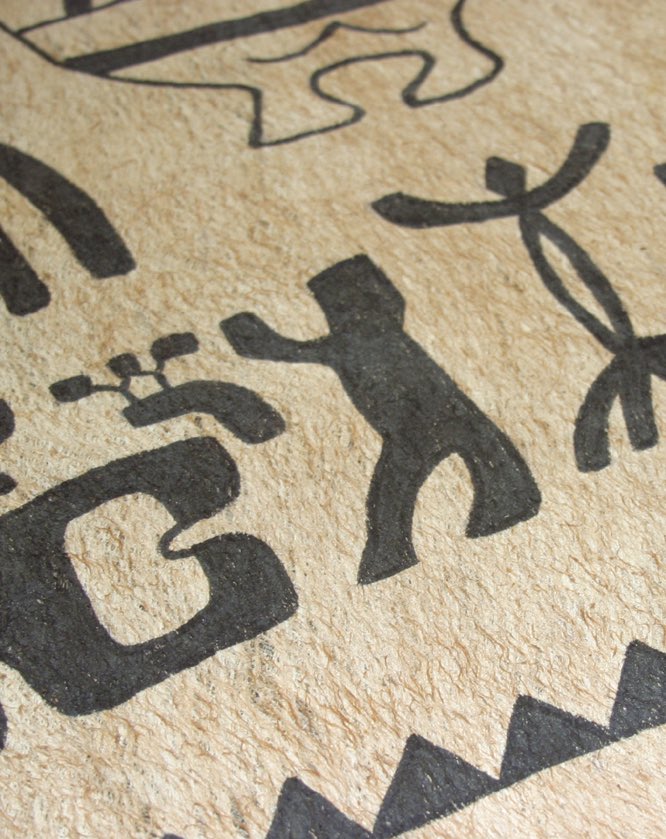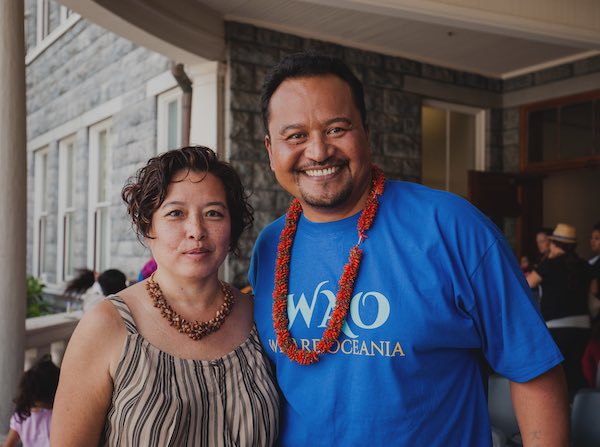Oceania
Pacific Islanders inhabit a vast oceanic realm encompassing fully one-third of the surface of the earth.
Although accounting for only a tiny fraction of the global population, the region contains close to a quarter of the world’s languages. The Islands are also home to some of the most ancient and some of the most recent human settlements. Oceania is thus characterized by enormous ecological and cultural diversity; a human history rich in epic ritual, travel, narrative, and innovation; and pressing contemporary issues that command the interest and expertise of scholars, artists, and community organizers in many different areas of inquiry.
Colonized by European powers relatively late in global terms, the Pacific Islands were also among the last to be decolonized. Since the early 1960s, the process of decolonization has created nine independent countries and a further five entities that are self-governing but retain a relationship of “free association” with a former colonial power. Decolonization terminated the direct control of Island entities by outside powers, but it did not restore to Pacific Islanders the level of control over their lives that had existed prior to colonization. One of the ironies of our time is that political power was restored to some colonized peoples just when the significance of the sovereign nation-state was declining in the face of unprecedented levels of global interdependence. Despite the process of decolonization that swept across the region, there exist several entities in the Pacific today that have yet to undergo decolonization and remain under the colonial administration of foreign powers.

Studying in Hawaiʻi
Situated at a major crossroad of Oceania, Asia, and North America, the Center for and Department of Pacific Islands Studies at the University of Hawai‘i at Mānoa offer students, professional scholars, and the community at large a rare opportunity to engage in intellectual stimulation, personal growth, and unparalleled cultural diversity. The Mānoa campus is home to students, faculty, and staff from over 100 countries around the world, and the university’s programs consistently rank among the most diverse in the United States.

Program Overview
In addition to an array of community outreach, conferences and workshops, creative and performative events, and research and publication programs, the Department for Pacific Islands Studies offers three academic programs for students of Pacific Islands Studies.

